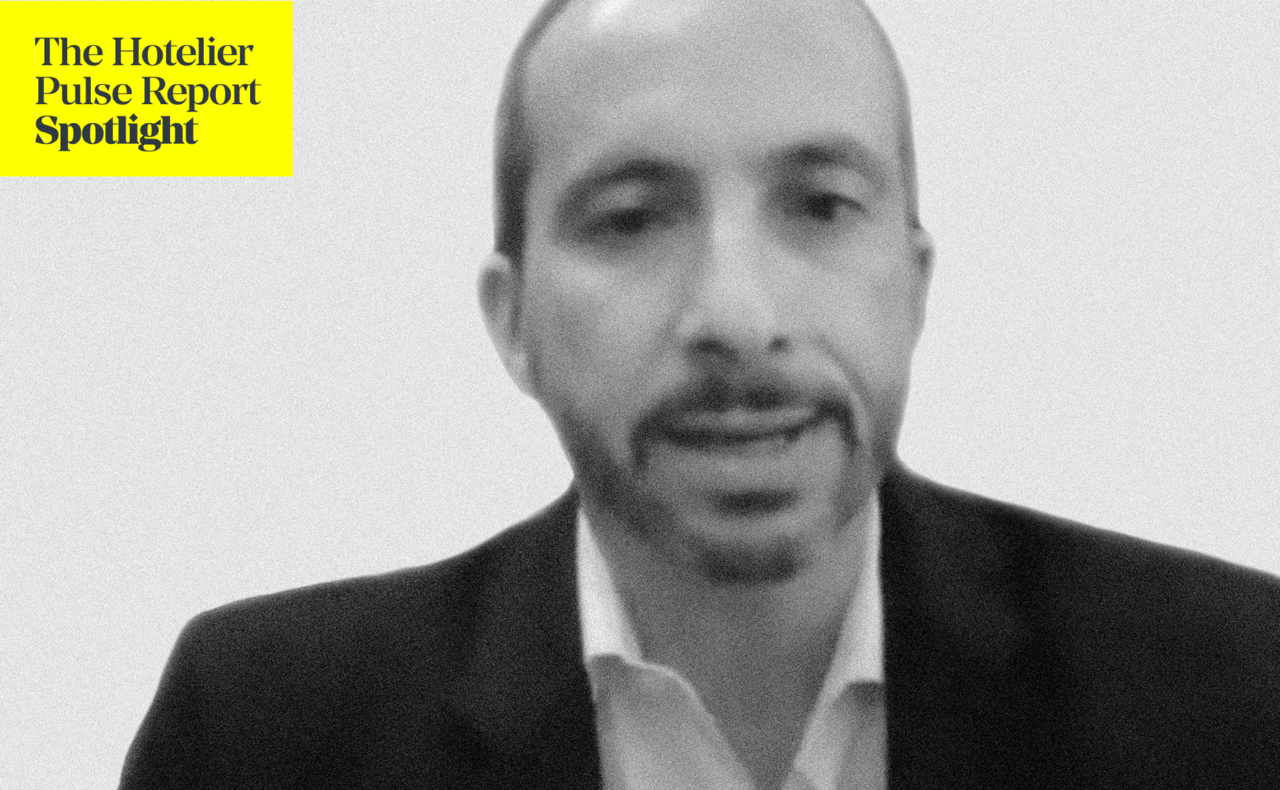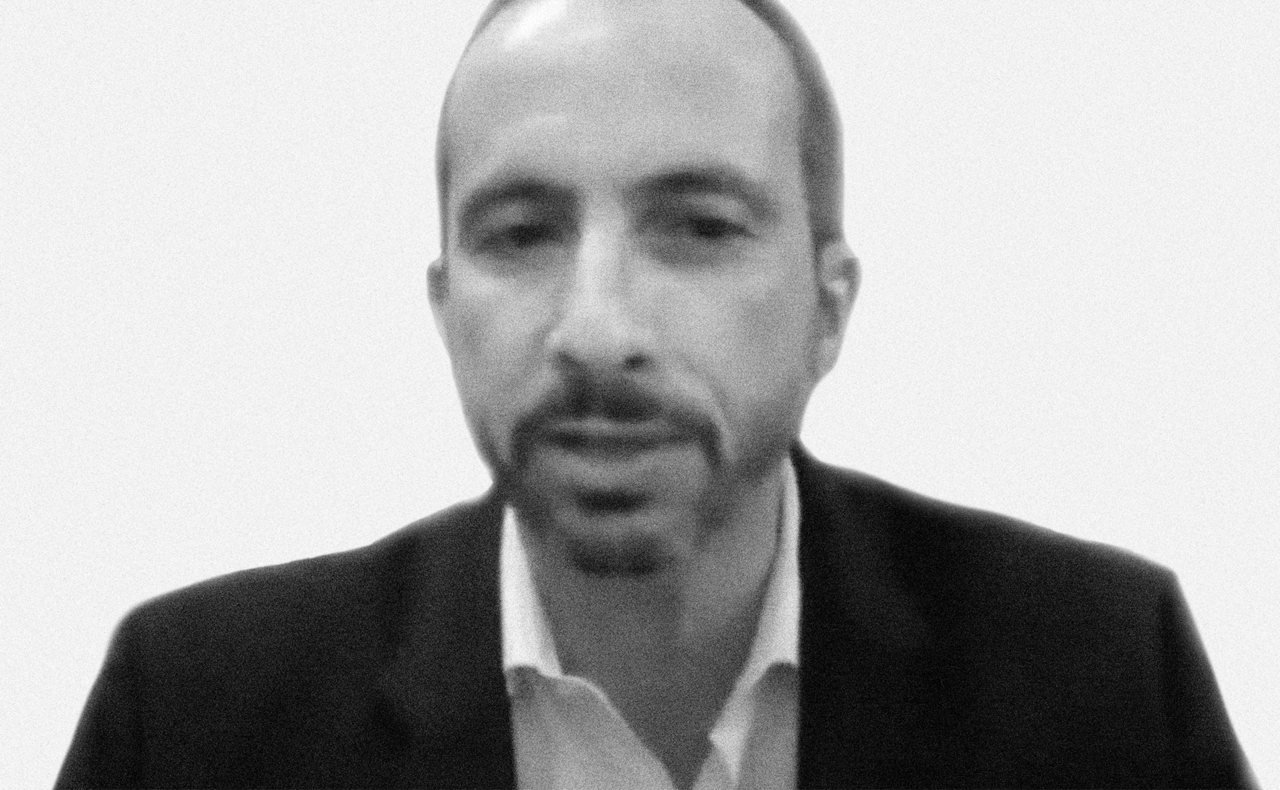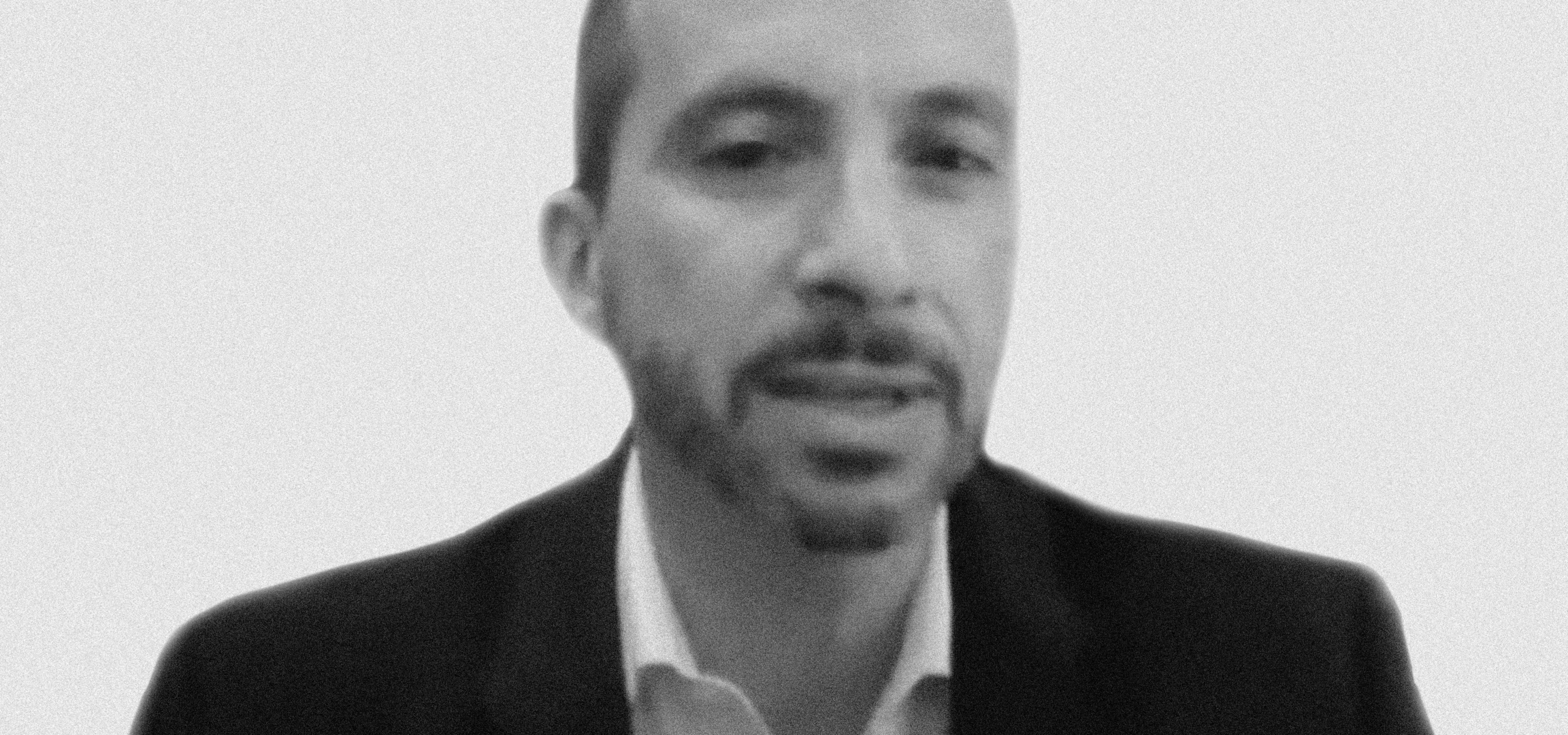joao corte real
It’s a new year, with the promise of a vaccine shining its light at the end of the tunnel. Yet there is still a long uphill road to recovery, and many Hoteliers are using this time to adapt their sales and marketing strategies to reach new markets. Meanwhile, reintroduced lockdowns have once again pushed Health & Safety to the forefront of Hoteliers’ short-term priorities to tackle the crisis. In this month’s Hotelier Spotlight Interview, we take a trip to Hotel Tivoli Mofarrej in Sao Paulo, Brazil. Here, we catch up with the Hotel Group’s General Manager, Joao Corte-Real, who shares his take on the industry’s sentiment during these times and how hotels are tackling the pandemic in Sao Paulo and Brazil at large.
The vaccination program is already in progress here in Sao Paulo and rolling out quickly, so that gives us some hope.
What is the status of your hotel today, and what is the industry sentiment in Brazil?
Brazil is a large country, with more than 200 million inhabitants and divided by states, similar to the US. This means that the measures implemented in Sao Paulo are often completely different to what we see in Rio de Janeiro or Baia.
In São Paulo, most hotels closed between March and April 2020, and reopened in September 2020. However, hotels were never forced to close their doors. Our decision to do so was solely influenced by the lack of guests and business in this region.
In our specific case, we remained closed for a period of 5 months from April to September. During the closing period, we temporarily reduced our team and took advantage of the government support measures to support those who were unable to work during this time. We restarted commercial activity from the moment some air travel returned to the city, since this gave us a business case to justify reopening. Since we reopened in September, our occupancy averages between 30% to 40%.
After we reopened, there was a positive expectation across the industry that hotels would bounce back quickly. Everyone across the industry was focused on promoting this destination and the sentiment was optimistic. However, this changed in December 2020, as cases increased significantly and the local government of Sao Paulo was forced to take more restrictive measures to control the pandemic.
Our Hotel Tivoli Mofarrej in Sao Paulo is currently operational, but with restrictions. For example, our restaurants are only allowed to be open until 10:00pm, and only serve alcoholic drinks until 8:00pm on weekdays. On weekends we are only allowed to serve guests through room service.
In general, I would say hotels across Sao Paulo and Brazil are still facing many challenges due to these measures. But the good news is that the vaccination program is already in progress here in Sao Paulo and rolling out quickly, so that gives us some hope. At this stage however, I would be surprised if any Hotelier expects to have a good Q1 or Q2 in 2021. For our City Center Hotel specifically, events, weddings, and meetings have all been postponed to the last quarter of this year, which we believe is a period where the industry will return to a certain sense of normality.
Domestic and Leisure Travel made a comeback in 2020. How have yours and other local hotels responded to this demand?
Since we reopened in September 2020, the majority of our guests have been from Sao Paulo and Brazil at large. Around 80% of our guests are local from Brazil, 40% of which are from the state of Sao Paulo specifically. So clearly, the local market is extremely important for us. Therefore, we continue to shape our sales and marketing strategies around local tourists and guests.
As a City Center Hotel, we have also adapted to new markets that have emerged from the crises. In the past we predominantly serviced groups and corporate segments, providing short stays during the week for professionals traveling to Sao Paulo on business. But currently we’re seeing an increase in leisure guests, including families.
As a result, we have had to reshape our offer to meet this new demand - offering suites and family rooms - which are in even greater demand during weekends. So our commercial activity has also shifted from weekdays to weekends.
I think the rise of leisure travel is largely due to how Sao Paulo boasts an array of local attractions. Despite the restrictions, many local guests from surrounding cities come to visit, mostly to enjoy the restaurants, do some shopping, or just to get away after months of being confined indoors.
Unsurprisingly, Resorts in the countryside and more remote locations continue to perform better than hotels in the city. And in some cases performing even better than in previous years. I believe this is because more people are looking for open space, fresh air, and a place to escape from the hustle and bustle of the city.
In the second wave of the pandemic, what are hotels communicating to reassure guests?
In our specific case, we hired international consultants that helped us implement all the sanitation protocols and safety measures. Currently we provide a lot of visual information throughout all areas of our hotel, which clearly communicates our measures to ensure the health and safety of guests.
We have also partnered with an industry benchmark Hospital here in Sao Paulo. The idea is to give some confidence to the customer that it is safe to stay with us. The protocols are very strict, and we really have to follow them closely.


